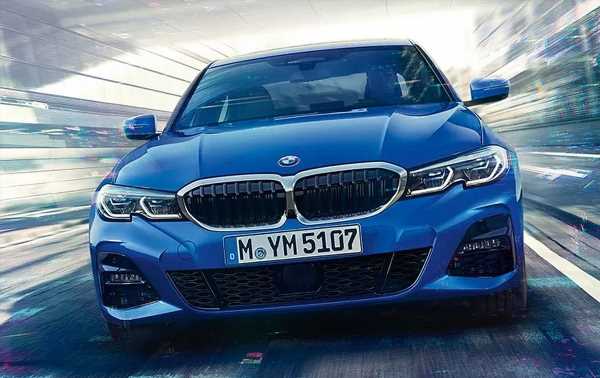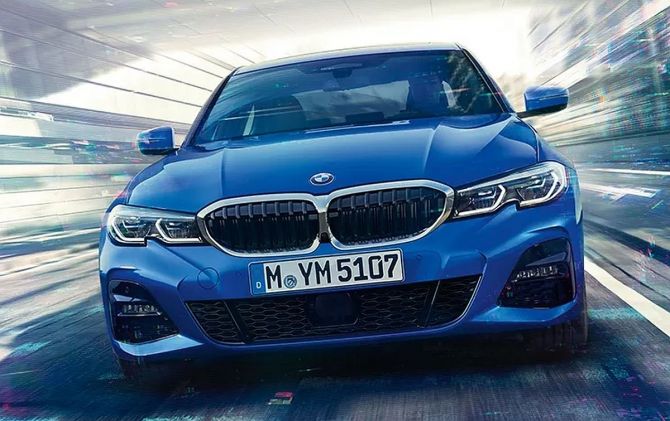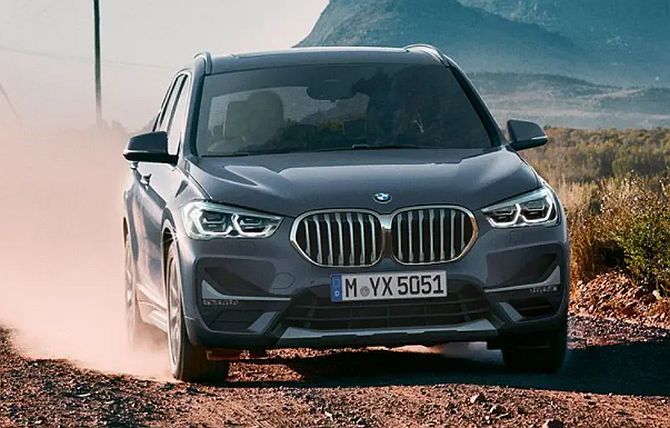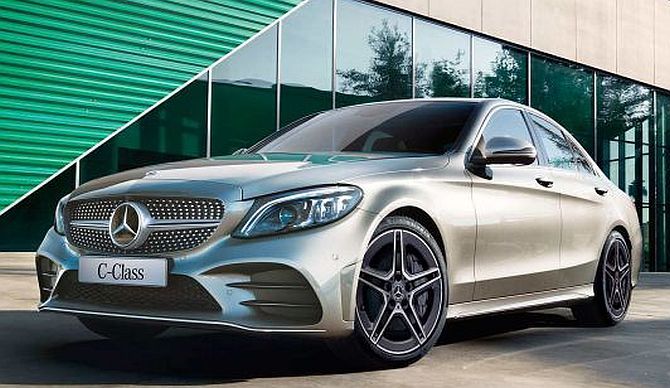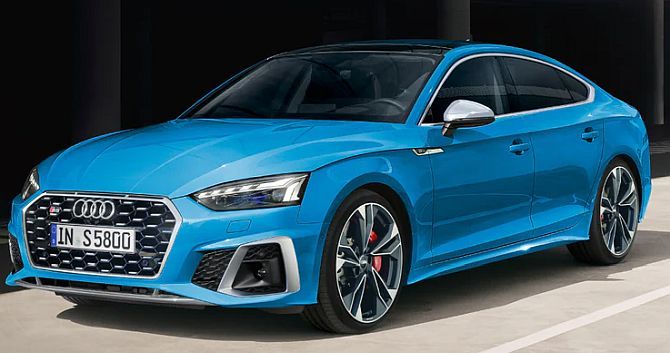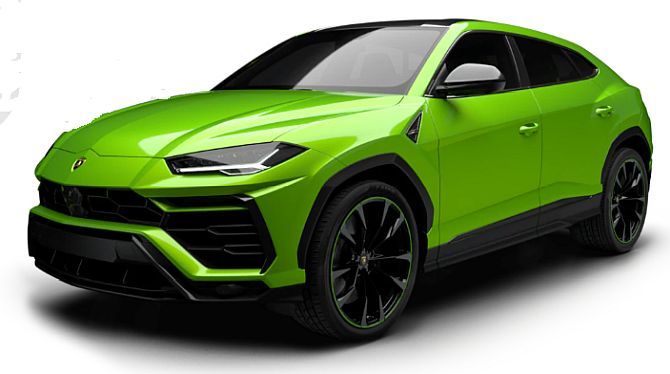The new car market is estimated at around 30,000 units a year in sales in a good year, whereas the used car market for luxury vehicles is estimated at around 60,000 cars annually.
Pavan Lall reports.
Premium German car-makers Audi, BMW and Mercedes-Benz forever grapple with the challenge of high import duties coupled with a consumer culture that is only now coming to terms with conspicuous consumption.
The silver lining for them is starting to appear in the form of growing used luxury car sales as volumes start to slowly accumulate over the years.
The new car market is estimated at around 30,000 units a year in sales in a good year, whereas the used car market for luxury vehicles is estimated at around 60,000 cars annually, say automotive executives who watch the sector keenly.
BMW India, which set up its used car programme called BMW Premium Selection in 2011, says demand has seen the ratio of sales increase to 2:1 for new to used cars.
That is a move upwards from earlier, says Vikram Pawah, president, BMW India.
“That’s been more noticeable in the last 12 months as people proceeded to buy cars that are used versus brand new ones.
“This was the exact same thing we saw during the Lehman Brothers financial crisis,” he adds.
“BMW sold around 6,600 cars last year, with around 1,600 used cars in addition, through its Premium Selection channel,” Pawah says.
“Since its inception, BMW Premium Selection has sold more than 10,000 pre-owned cars.
“The highest-selling models include BMW 3 Series at around 2,500 units, BMW 5 Series (around 2,500 units) and BMW X1 (around 2,000 units).”
Martin Schwenk, country head for Mercedes-Benz, says that the used car business has been equally positive for them as well.
“We have seen encouraging momentum in the last couple of years in our pre-owned car business, which is run under the Mercedes-Benz Certified global brand,” he says, adding, “Pre-owned cars from Mercedes-Benz and its dealers are listed on our online store.”
He says the ratio of used Mercs to new ones is 1:4.
That is, 25 per cent of their sales come from used cars, which underscores the importance of the segment.
Audi India’s pre-owned car programme called Audi Approved: plus has registered a growth of over 20 per cent in the last couple of years, says Balbir Singh Dhillon, head of the programme.
“The pre-owned cars business helps us target entry-level customers who wouldn’t otherwise look at owning a luxury car. We are focused on selling every car at least twice — if not more.”
So which cars are most in demand? It depends on who is selling them.
Pawah says that for BMW, the 3 Series is always the most popular draw “as it’s a car that embodies what BMW is all about in many ways”.
It’s a similar trend for Mercedes-Benz.
“Mercedes-Benz India’s best-selling models in the used domain are the C-Class and E-Class sedans,” Schwenk says.
“We are also witnessing increased demand in the new-generation cars portfolio.
“The CLA and the earlier generation GLA are also in good demand.”
Those who aggregate luxury cars see a mixed bag.
“Hot-sellers have been the Mercedes-Benz G-Wagon, Range Rovers, Lamborghini Urus, the BMW X7,” says Jatin Ahuja, founder of luxury auto retailer Big Boy Toyz.
He adds that this is the first time they are seeing a supply constraint, something that has never been a challenge in the past.
“July has been the toughest buying phase and the volume of cars is simply not there,” he says.
“If there was sufficient inventory, business could have grown by 100 per cent instead of over 30 per cent, which we recorded.”
So who is the used car customer? Schwenk says, “A pre-owned customer prefers to upgrade his purchase, looks for high-value return in the purchase, and is highly aspirational.
“We have seen a lot of these customers own a pre-owned car before shifting to a new luxury car a few years later.”
Or as Pawah puts it: “Mainly it’s the people who want luxury but are price conscious.
“And while they are ready to drive luxury cars, they want the certifications and warranties, which organised sellers offer.”
Source: Read Full Article
